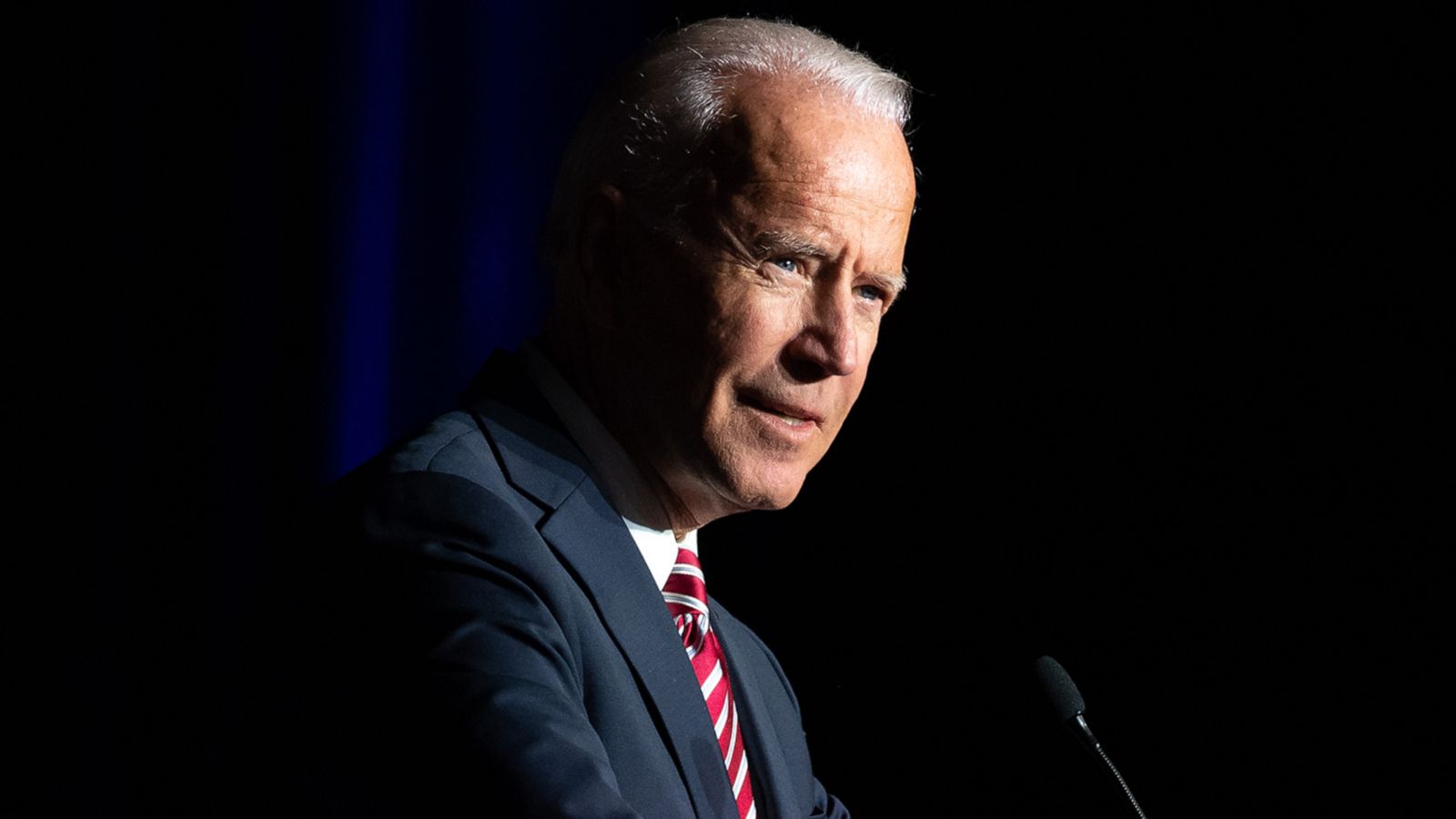Americans Were Primed To Believe The Current Onslaught Of Disinformation
It started with a drizzle but quickly turned into a downpour: Disinformation about the election, and in particular unfounded claims of election fraud, has flooded the internet over the past week. And Americans were primed to believe it.
Dozens of false claims shared on social media have kept fact-checkers busy and partisans energized. Pro-Trump Facebook groups that dispute the election results have attracted tens of thousands of users and become a lively marketplace for exchanging disinformation (until the social media network shuts them down). And President Trump’s supporters have shown up in person as well to rail against what they perceive to be election fraud.


Meanwhile, polls show a substantial percentage of the population, particularly Republicans, believe (without evidence) that voter fraud has occurred. According to a poll from YouGov and The Economist conducted Nov. 8-10 among registered voters, 82 percent of Republicans said they did not believe that Joe Biden had legitimately won the presidential election, even though he has. This followed a Nov. 7 YouGov poll among registered voters that found 79 percent of Republicans believed voter fraud had occurred and affected the outcome of the election. Similarly, in a Politico/Morning Consult poll conducted Nov. 6-9 among registered voters, 70 percent of Republicans said they didn’t believe the 2020 election was free and fair — double the 35 percent of Republicans who answered that way in a poll conducted before the election.
[Related: How Trump Changed America ]
To a certain extent, disinformation about the results of the election was expected. Experts have been warning about it for weeks. “But I do think the volume of the garbage and the inability of social media platforms to have effective means to stop the undermining of results of the election is really concerning,” said Craig Silverman, a journalist at BuzzFeed News who has been tracking disinformation throughout the election. “When it became very clear that Trump wasn’t going to concede, the machinery of justifying that decision has really kicked into high gear. I feel like today it was as bad as it was leading up to Election Day.”
A number of factors may have primed the American public to seek out, believe and share disinformation since Election Day. Trump’s monthslong allegations of impending fraud, the collective stress and anxiety caused by the pandemic, and the rare delay in learning election results all combined to create a perfect storm of disinformation.
Trump set the stage
Even before he was president, Trump was alleging election fraud without producing evidence. During his 2016 campaign he claimed the election was “rigged” in favor of Clinton, predicted widespread voter fraud and announced he would accept the results of the election only if he won. Over the past year, he has reiterated many of the same baseless assertions, seizing in particular on mail-in voting, which he maintained (again without evidence) would lead to fraud.
Whether Trump realized it or not, he was engaging in something academics call priming.
“Priming is where an external source, a sender of information, is trying to prime people to think a certain way,” said Mark Whitmore, a professor of management and information systems at Kent State University who has studied misinformation and cognitive bias. “One of the ways in which priming occurs is through partisanship. When that happens, people have a greater tendency to think along the lines of whatever party they feel they belong to.”
When people are already primed to think about a topic in a certain way, it can lead them to seek out information that confirms their existing beliefs. A study published in 2016, for example, primed participants to consider either their political views or personal views on health care before evaluating factual statements about the Affordable Care Act, or “Obamacare.” The researchers found that when participants were primed to think about their partisan leanings, Democrats were more likely to evaluate positive outcomes of the ACA as based on strong evidence, and Republicans were more likely to evaluate those same outcomes as based on weak evidence. But when primed to consider their personal views on health care, the gulf between the two groups narrowed.
There’s also the illusory truth effect: a phenomenon in which the more times people are exposed to an idea, the more likely they are to perceive it as true, regardless of political leanings. Gordon Pennycook, a behavioral scientist at the University of Regina in Saskatchewan, has found the illusory truth effect can lead people to be more likely to believe disinformation. That said, this is probably not the only thing influencing so many people to seek out disinformation around the election, according to Pennycook.
“I don’t think you need to know about illusory truth to be able to explain that the things Trump has said made people ready to accept that fraud was going to happen in the election,” Pennycook said. “Illusory truth is one aspect of that, but for some people, if they only heard Trump say it once, that would probably be enough.”
The pandemic cranked up anxiety levels
2020 has not been a year filled with certainty. The COVID-19 pandemic upended our way of life, not to mention the economy, and shifted the way the election was executed. All these factors have contributed to a heightened level of stress and anxiety about the direction of the country in the lead-up to the election. Some of this anxiety was captured in polling: In a New York Times/Siena College poll from mid-October, 57 percent of likely voters said they were “very concerned” that the next generation would be worse off than their own, and 54 percent said they were “very concerned” that America would “no longer [be] a democracy.” When Trump lost, his supporters likely grew more anxious.
“People are anxious, and so they’re looking for answers — and some of those answers [in this case] are provided by disinformation,” said Oliver Robinson, a neuroscientist who runs the Neuroscience and Mental Health Group’s Anxiety Lab at University College London.
It’s natural to want to seek out more information when facing uncertainty. (I’m assuming that’s why many of you have been keeping up with our live blogs.) But when you combine that uncertainty and quest for answers with another cognitive bias, confirmation bias, you create an opportunity for disinformation to seep in, according to Kathleen Hall Jamieson, a professor at the University of Pennsylvania’s Annenberg School for Communication. If you’ve been primed to believe the election was going to be riddled with fraud, and are anxious about the uncertainty of the results, you might seek out information confirming that belief. So far, all of that information has turned out to be meritless, but there’s plenty of it, and a lot of it is very persuasive.
[What To Make Of Pfizer’s Big Vaccine Announcement]
Take a viral video shared by the president’s son Eric Trump that purportedly showed someone burning ballots marked for his father. The video has been debunked — the papers in question were proven to be sample ballots, as they lacked the bar code that official ballots have along the edge — but people continue to share it online as “evidence” of supposed voter fraud.
“Different forms of misinformation have different kinds of effects,” said Jamieson. “The video of the supposed burned ballots has a persuasive power that a simple verbal assertion would not have because we tend to trust what we see.”
But because of a growing distrust of the media, people often dismiss fact-checks as well. In fact, many of the experts I spoke to said some voters will not see through the disinformation until Trump and other leading Republicans accept the election results. Until then, the deluge is likely to continue.
Said BuzzFeed’s Silverman, “The results aren’t going to be certified in a lot of the key states until later in November, so we could really continue to have weeks of complete ridiculousness and dangerous, democracy-undermining disinformation.”


Source: https://fivethirtyeight.com/features/americans-were-primed-to-believe-the-current-onslaught-of-disinformation/